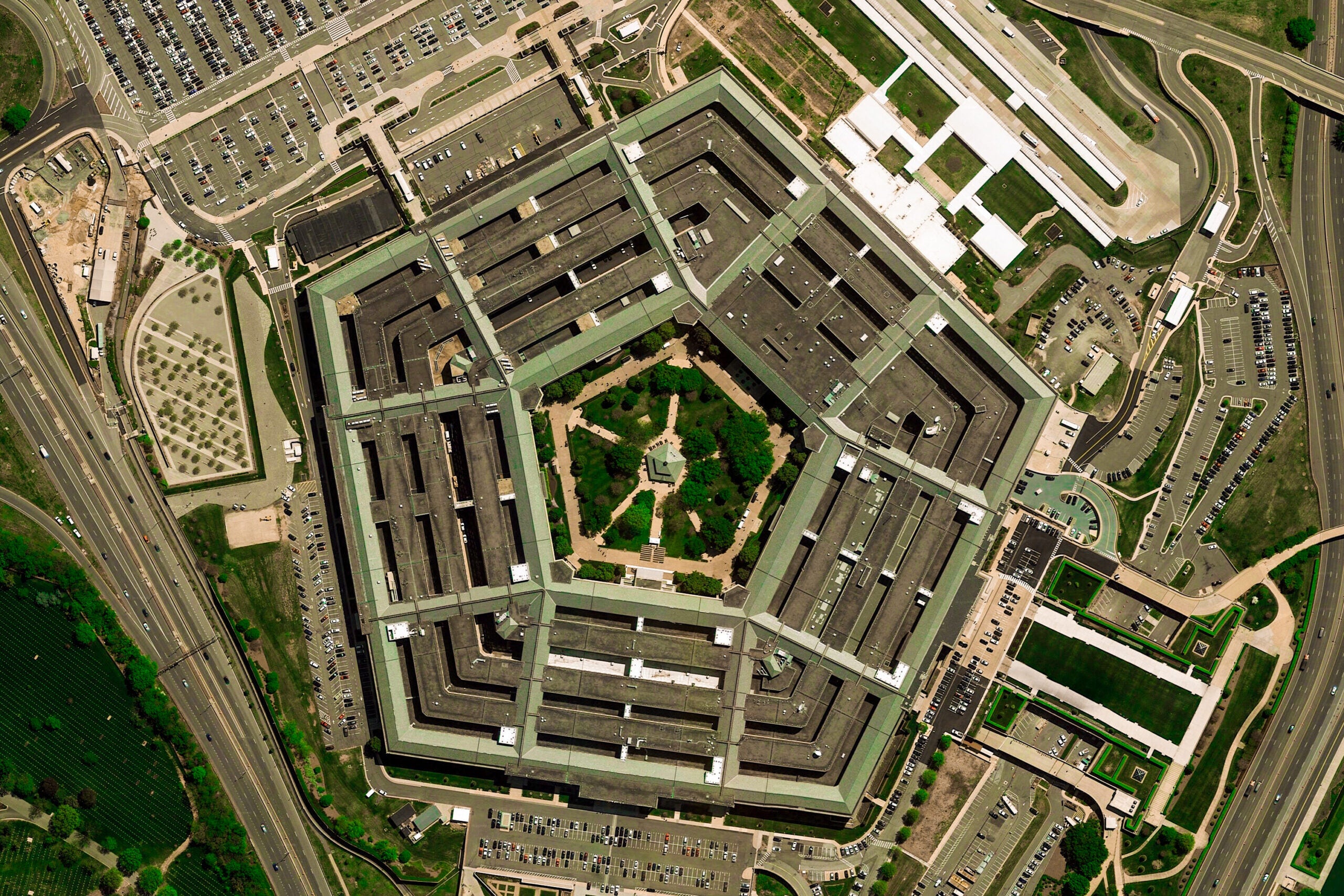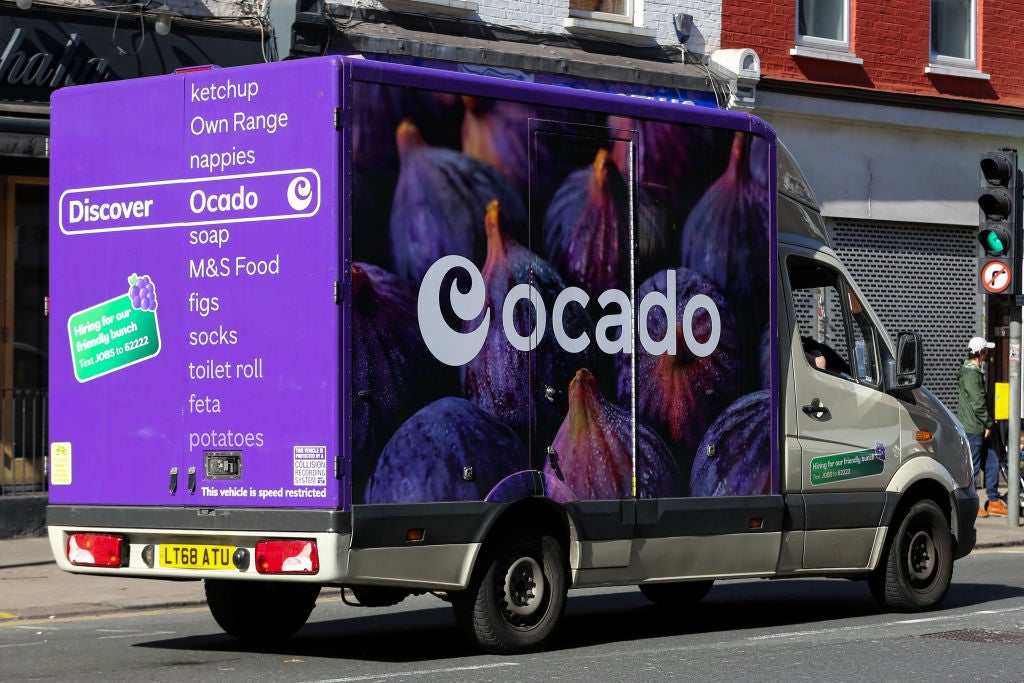
The White House has opened a sweeping review into US national security agencies’ clandestine operations across social media platforms.
In particular, the Pentagon review will investigate how different US agencies have conducted psychological operations or information warfare.
This follows Meta and Twitter identified and removed more than 150 fake accounts, claimed to be connected or run by the US military, according to The Washington Post.
The fake accounts the White House has now ordered a review of had first been disclosed by internet researchers Graphika and the Stanford Internet Observatory.
These accounts had reportedly violated social media platforms’ rules against not complying with local and relevant laws and policies.
The Washington Post reported that Colin Kahl, policy undersecretary in the Department of Defence, told all military branches to give full operational accounts by next month. Military branches will need to do this if they conduct online influence campaigns.
How well do you really know your competitors?
Access the most comprehensive Company Profiles on the market, powered by GlobalData. Save hours of research. Gain competitive edge.

Thank you!
Your download email will arrive shortly
Not ready to buy yet? Download a free sample
We are confident about the unique quality of our Company Profiles. However, we want you to make the most beneficial decision for your business, so we offer a free sample that you can download by submitting the below form
By GlobalDataNothing new
US security agencies are not the first to be accused of spreading misinformation. Alan Calder, CEO of IT management company GRC International Group, tells Verdict that Russia and China have conducted similar misinformation campaigns for years.
“This has been evidenced by interference in democratic elections across Europe, including in the UK and the US – a crucial example being the meddling of the Brexit referendum,” Calder says. “It seems logical that the West should fight back – or are Meta and Twitter going to admit to widespread manipulation of their platforms by multiple governments?”
Laura Petrone, thematic analyst at GlobalData, tells Verdict that while fake accounts have plagued social media companies for years, it’s very different it the US has done so.
“These misinformation efforts are normally on authoritarian regimes, now we have a democratic country, the US, whose military has been reported using fake accounts online violating these platforms’ rules to spread pro-American messages,” Petrone says.
Petrone adds: “I can see that with rising geopolitical tensions social media platforms will increasingly become a battleground of disinformation efforts from different countries and becoming a powerful tool of some countries’ hybrid warfare.
“This would mean social media will be under significant pressure to stem the flow of online misinformation and to identify misleading accounts.”
This is not the only defence and security issue raised by social media. YouTube recently pledged to remove online extremism from its platform, which sceptics say is unlikely to change, as Verdict previously reported.
GlobalData is the parent company of Verdict and its sister publications.







